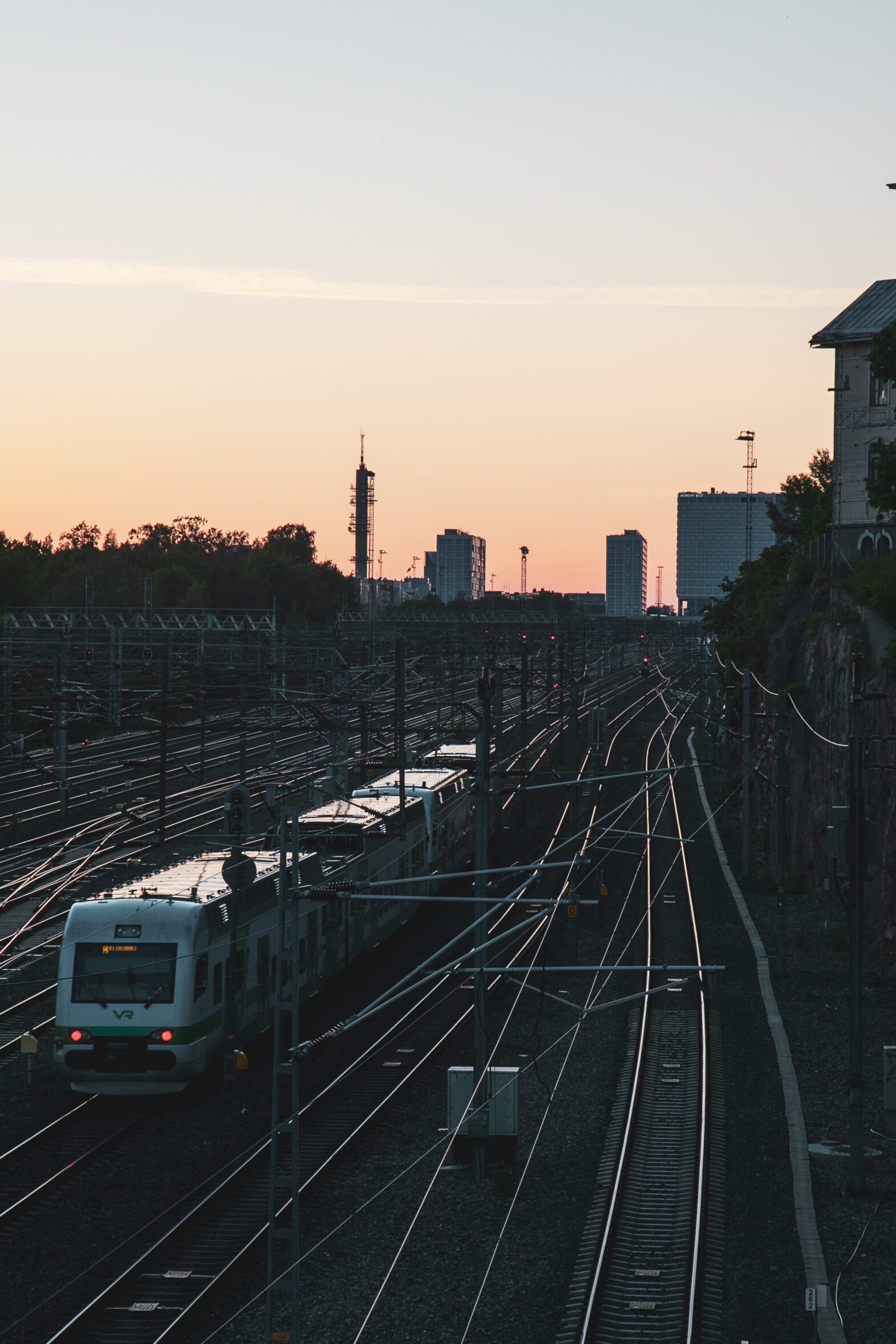23 June 2022
Rail Strikes
The only way through.
By Robert Kilconner
Riding two horses at once maybe fun but there are risks, particularly if they go off in different directions. Listen to Mr Lynch of the RMT on the subject of the rail strikes:
“What we’ve come to understand is the dead hand of this Tory government is all over this dispute and the fingerprints of Grant Shapps and the DNA of [chancellor] Rishi Sunak are all over the problems on the railway.”
All right, we get the message, if the Government would butt out and leave the negotiations to management all would be well and the strike action would not be needed. Simple, really. An easy route to a solution.
But what about Labour and the TUC? They seem to be taking a different tack in calling on the Government to step in and help achieve a fair resolution. This seems to be a pull in the other direction. The Government must butt in rather than butt out. Are Mr Lynch and the TUC on opposite sides of a fundamental disagreement?
Not really, because the message from Mr Lynch is full of hidden meaning. What he means by the Government butting out is the Treasury withdrawing its opposition to what it regards as an inflationary pay claim, leaving the employers with no reason not to concede to union demands. The stuff about who conducts the negotiations is all piffle. This is not a dispute about people but about money; whether the public services should be protected against the accelerating cost of living by rises of 7% or whether they should not.
The current inflationary spiral is as hard on the rail workers as it is on everyone else. Employees who were just managing are no longer able to do so and that means hunger, cold and all the other consequences of poverty. No wonder that the Union seeks to shelter its members from such a storm. Of course it does. That’s its job.
But come at the problem from the other side and there are the duties of the State. Give in to the rail workers and the public sector as a whole will match their demands. As it will get progressively more difficult to draw a line once some groups of workers have received 7%, selling the pass on the railways means selling it generally. That would result in inflation running away further and we would sink back into the stagflation of the 1970s. No, the answer has to be to restrict wage rises to 2 or 3%.
In the end the question is one of mathematics. What level of wage rise could be accepted generally without runaway inflation which everyone knows would be a disaster? That is what needs to be agreed and the issue being a technical one that agreement should arise out of debate not a trial of strength. There is no hope of that, of course, so the Government’s approach must be take its own view and to sit behind its answer. Whether it can do that successfully depends on whether it can persuade the rail workers and the public that it has got its sums right and it is for this reason that it is very important indeed that it puts work into explaining its position. Faced with a general acceptance that 7% would be a disaster, the strike would collapse. If it is generally accepted that the employers’ offer could be increased without damage to the economy it will become difficult to hold the pass. This is a moment for presentational skills – and presentations on finance have to be led from the Treasury. Perhaps at last we have a test which will show us what Rishi actually made of.
tile photo: Nicolas Messifet on Unsplash


